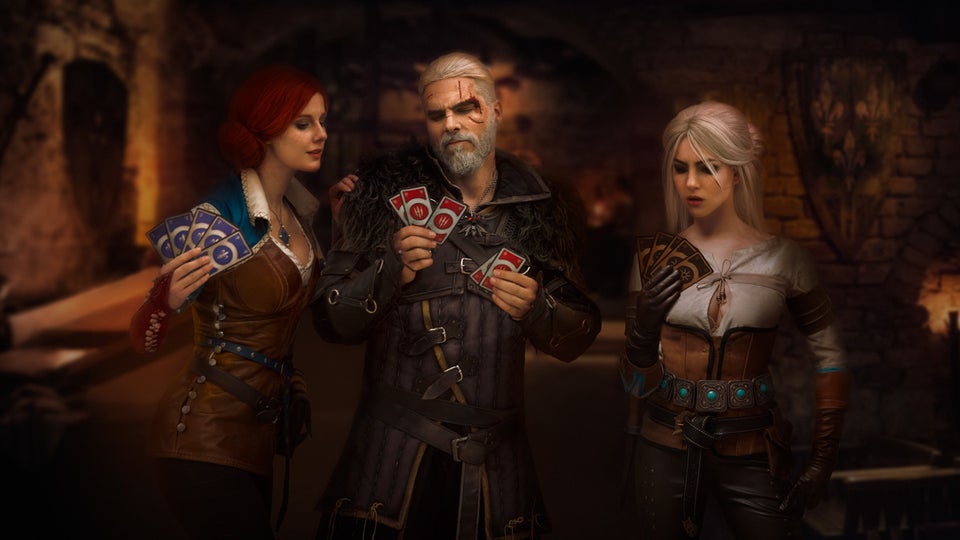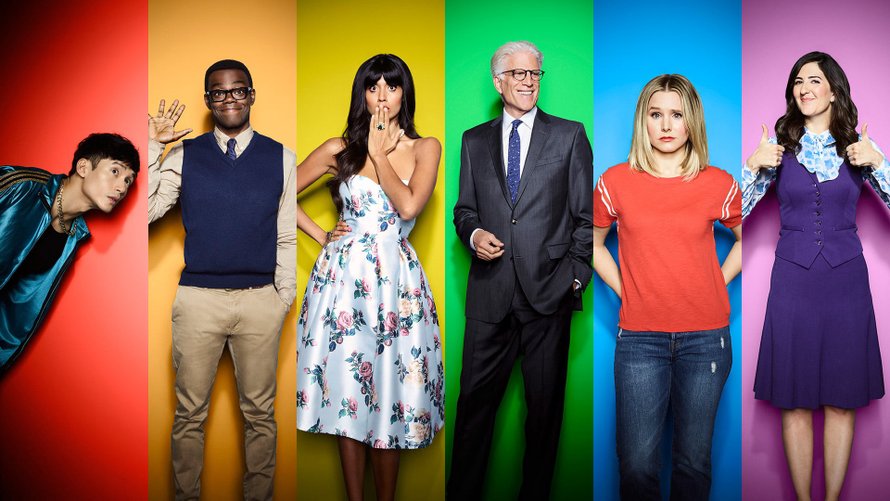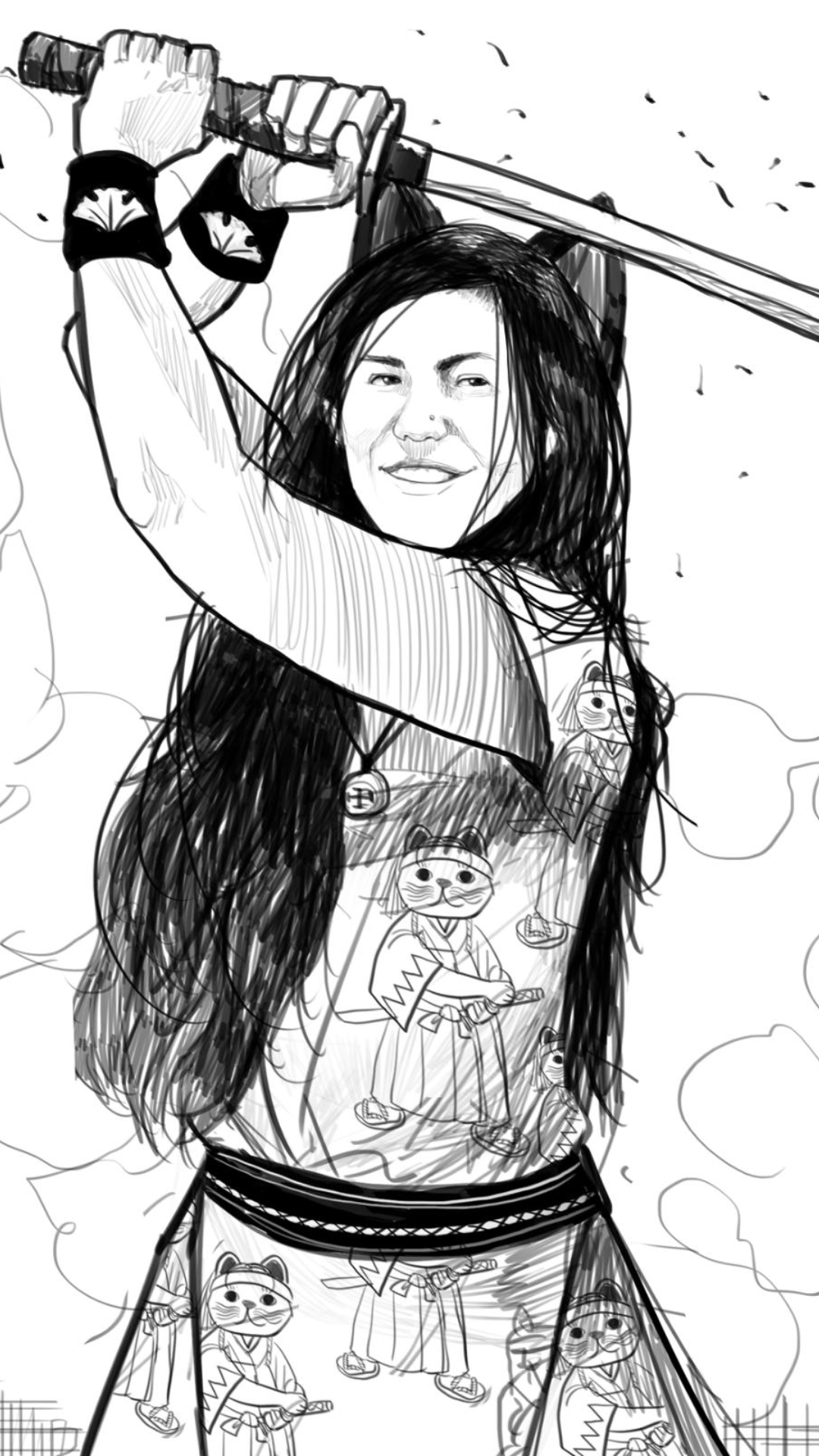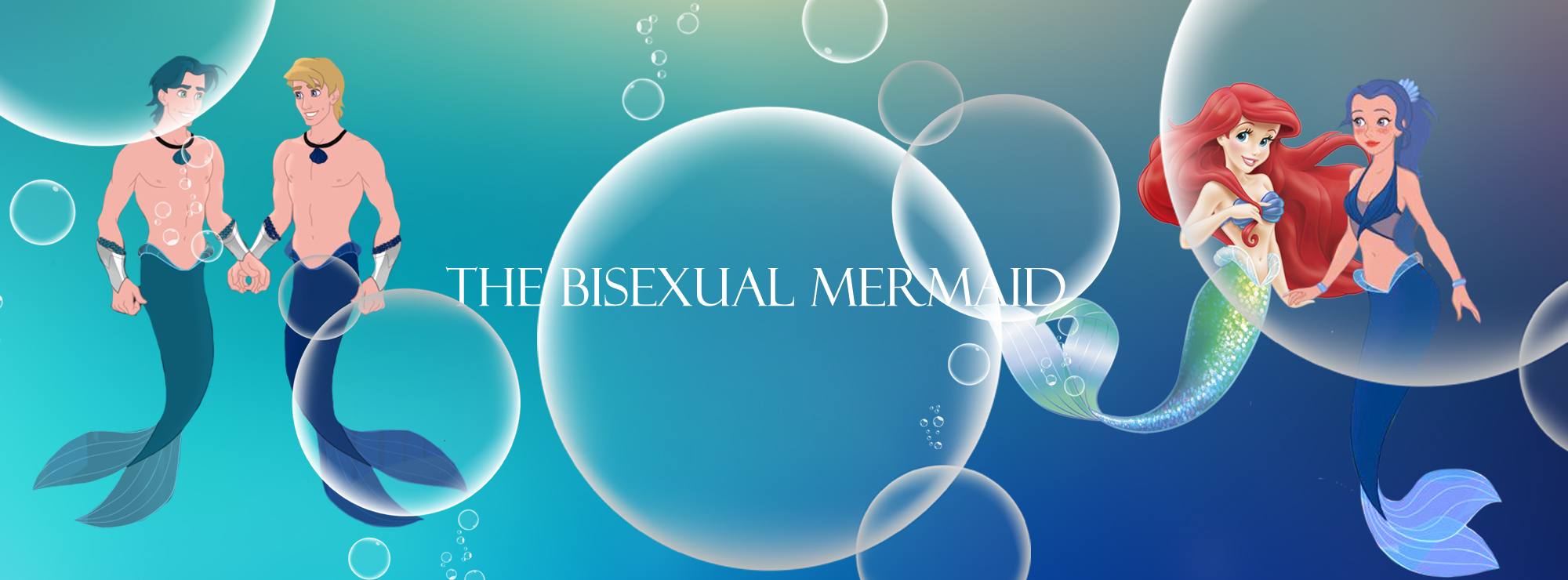Tarkovsky’s EYE Candy
Saturday night fever with my (equally nerdy and geeky) friends: from Amsterdam Central Station we take the ferry to visit a non-rectilinear polygon with spectacular large overhangs. Is it a boat? An iceberg? A huge sculpture of a seagull? Nope, it’s the film museum, called EYE and located on the other side of the equal-sounding lake, het IJ. Designed by Viennese architects association Delugan Meissl (famed for their work on the Porsche Museum in Stuttgart), the white and oddly shaped museum houses a museum, exhibitions, cinemas, a restaurant, and extensive (vintage) film-related collections. Next to its permanent display about the history of filmmaking, this autumn, EYE presents an exhibition and film programme on the oeuvre of a director who is not only among Russia’s most influential filmmakers …






